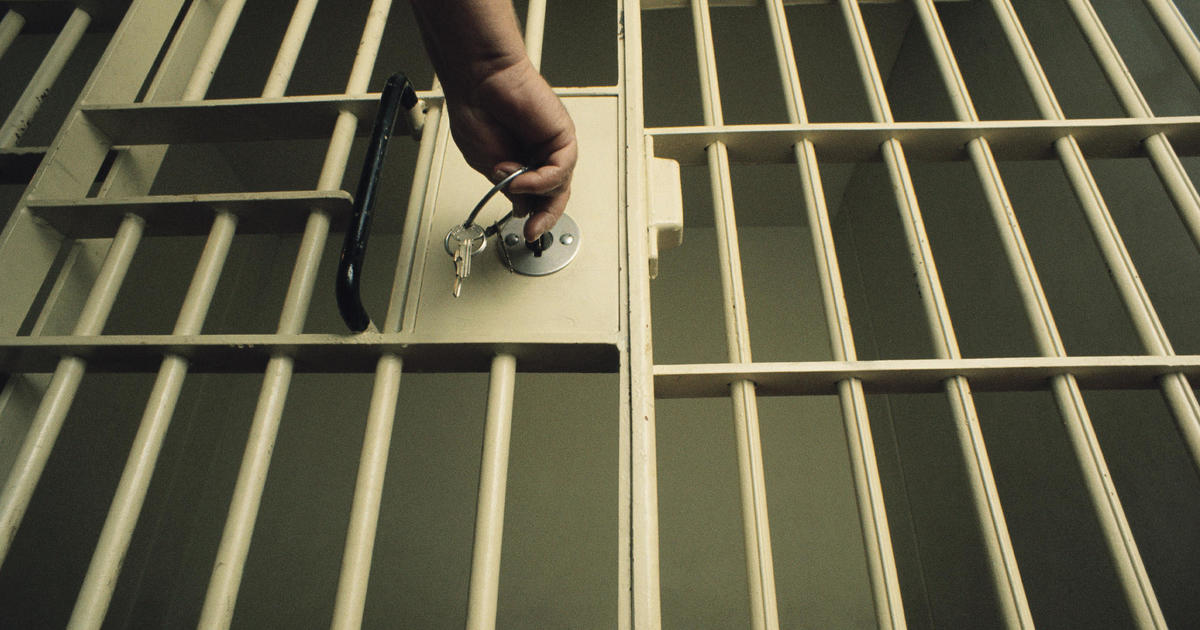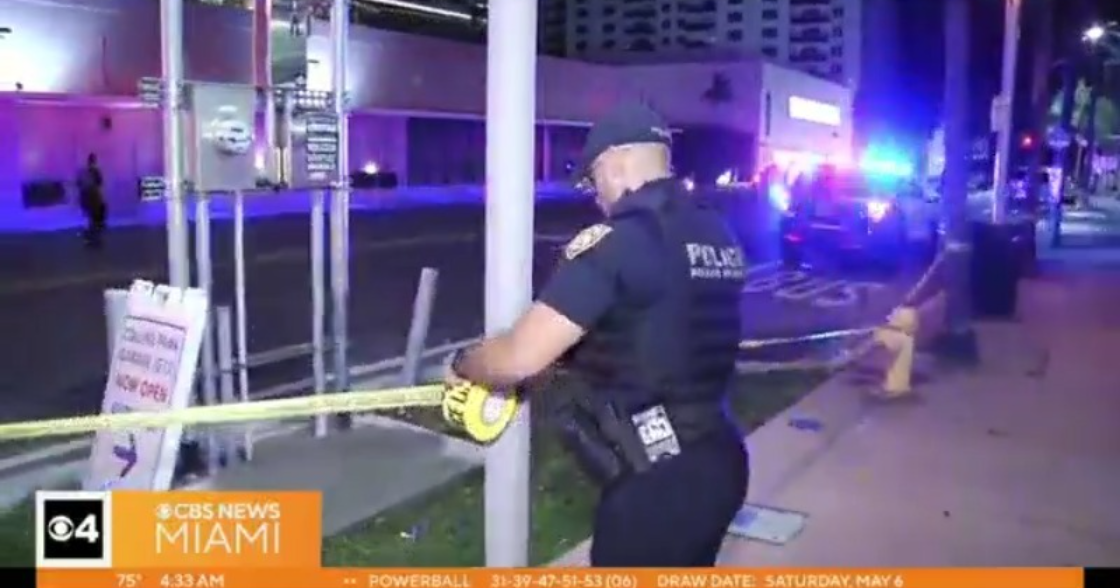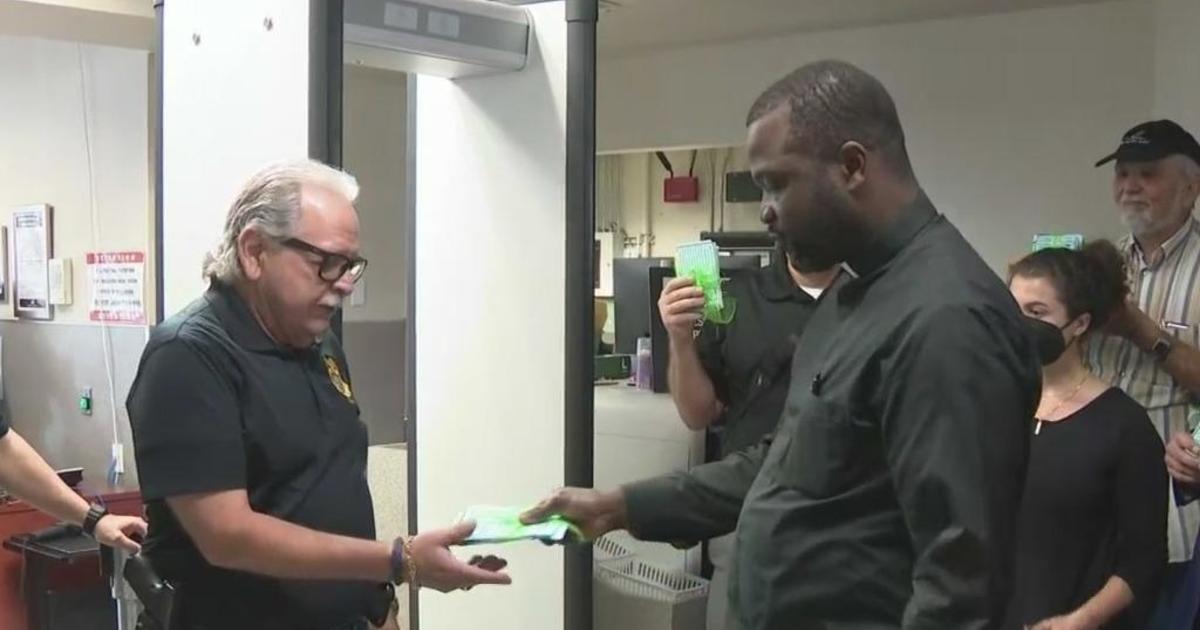U.S. Attorney & FTC Crack Down On Timeshare Fraud
MIAMI (CBSMiami/AP) – Not only is Florida tops in the nation for identity theft fraud, we're also at the top of the list when it comes to timeshare resale fraud.
On Thursday, U.S. Attorney Wifredo Ferrer along with Florida Attorney General Pam Bondi and other law enforcement officials talked about what was being done to crackdown on it.
According to the Federal Trade Commission, they and other law enforcement agencies have brought 191 cases around the nation. In the past two years, 69 people have been charged in Florida.
The cases often involved telemarketers who told customers, most of who lived outside of the State of Florida, that they had successfully sold their timeshare unit and asked the customer to pay a fee to finalize the sale, which fee would purportedly be refunded at closing. This fee ranged from at least $1,996 to as much as $10,000. In fact, however, there were no buyers for their units, and the defendants kept the victims' money for their personal use.
"These victims, many of them elderly or in financial distress, looked to sell their units to help make ends meet or pay other bills. Instead, they were defrauded out of more than $14 million in total. Such fraud will not be tolerated," said Ferrer.
"We will continue to pursue scam artists who attempt to essentially steal from timeshare owners, and the Timeshare Resale Accountability Act that I worked with the Legislature on in 2012 is already having a great effect on ending this type of fraud," said Florida Attorney General Pam Bondi.
"If you think you are the victim of a timeshare scam, file a complaint with your state attorney general's office and the Internet Crime Complaint Center," said Darin M. Didier, acting Supervisory Special Agent assigned to FBI Miami Division.
"To avoid becoming a victim of this type of crime take a few prudent steps such as; do not agree to anything on the phone or online until you have had a chance to check out the reseller, get all information in writing, verify that the reseller's agents are properly licensed and ask about fees and timing," said FBI special agent Darin Didier.
Federal investigators said those involved in the scam would typically operate a company for 4 to 10 months, and then, to avoid detection by law enforcement, close it up and reopen under a new name. The new company would operate in the same fashion as the original company with many of the same owners, managers and salespeople.
The first ring involved 6 companies which solicited approximately $7 million in advance fees from approximately 3,000 timeshare owners. The second ring involved 7 companies which solicited approximately $2.7 million from approximately 1,200 timeshare owners.



